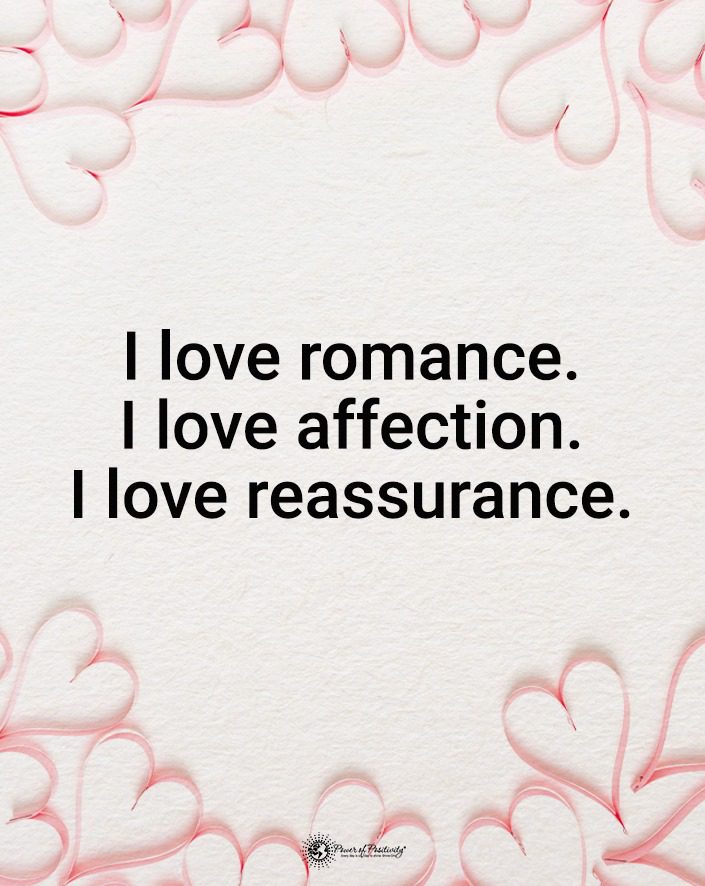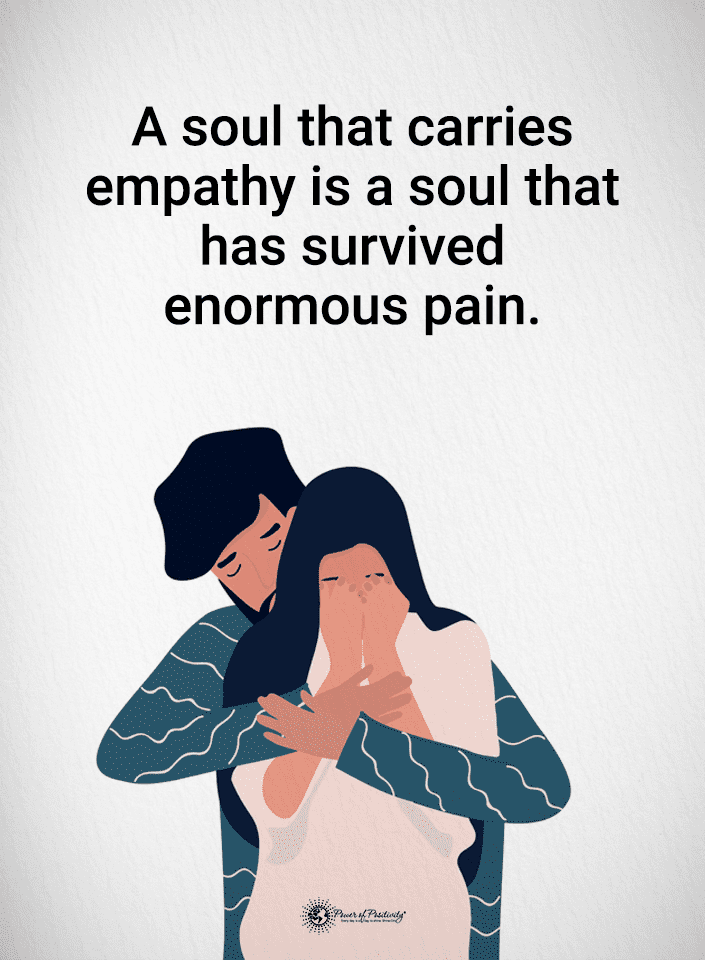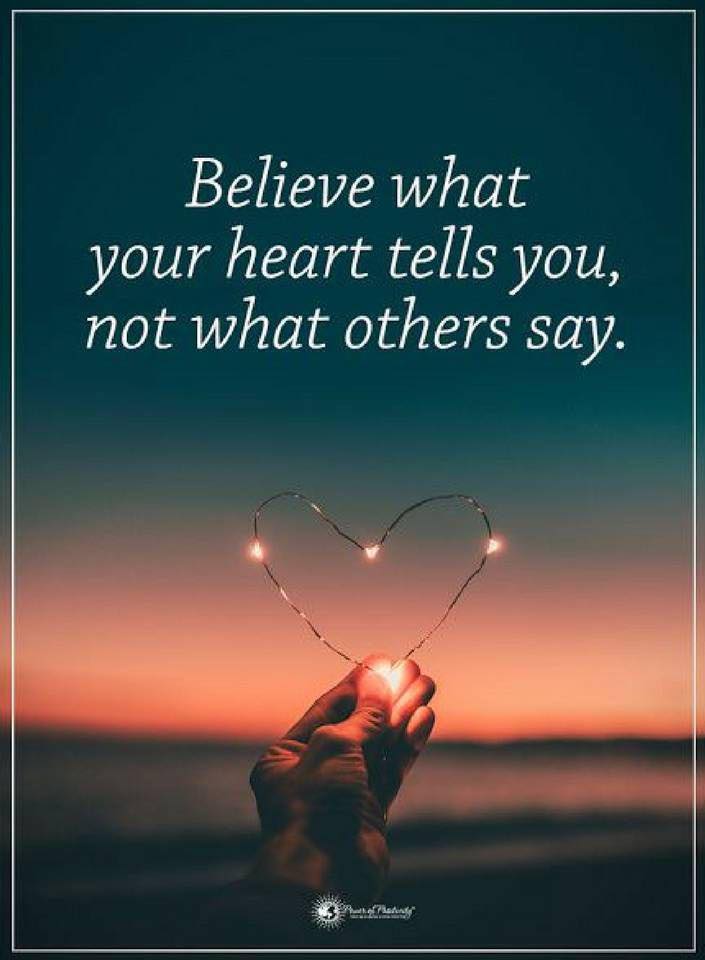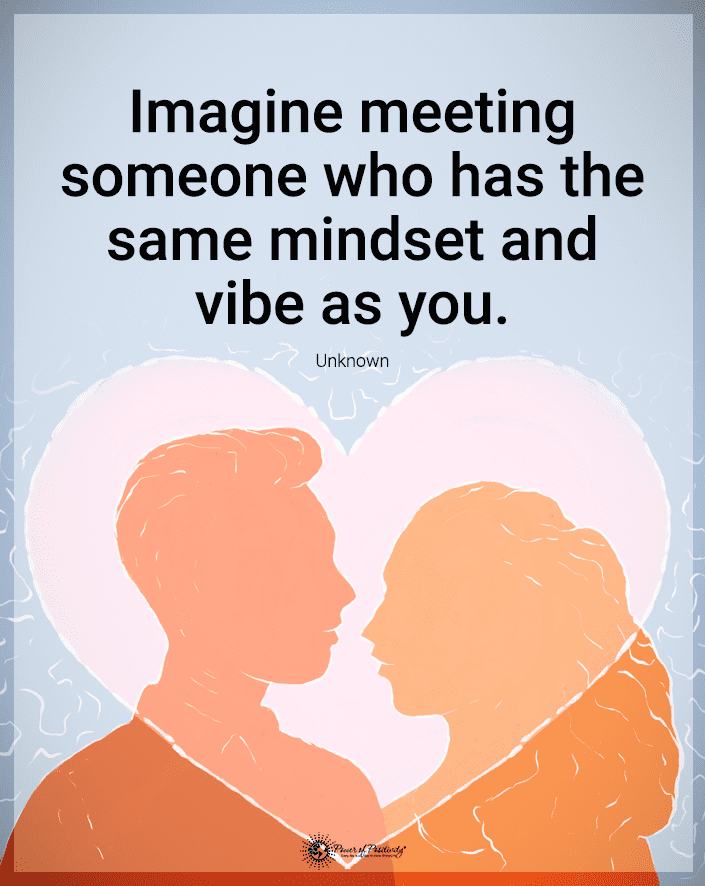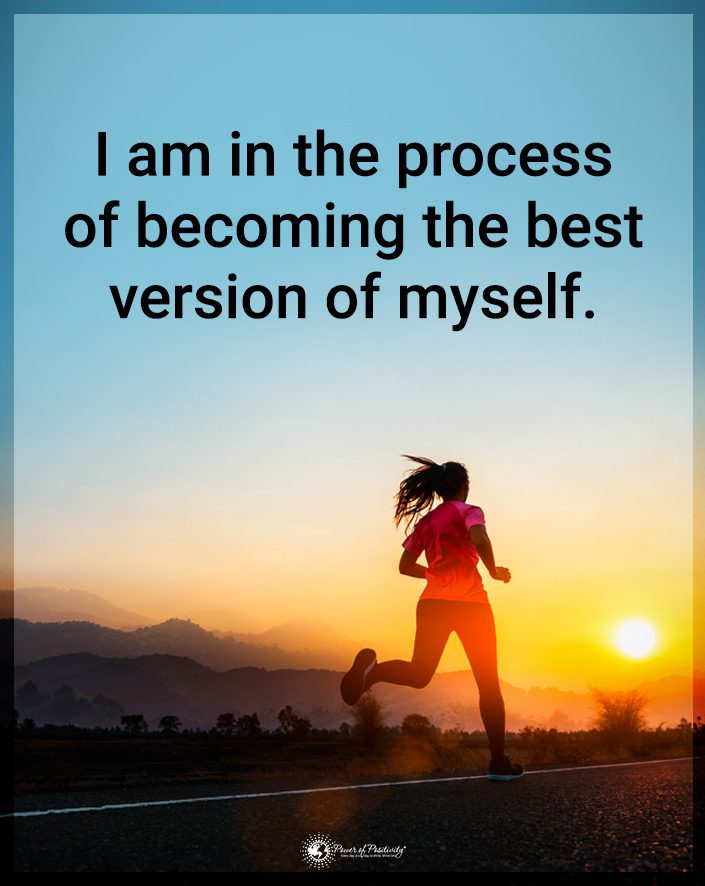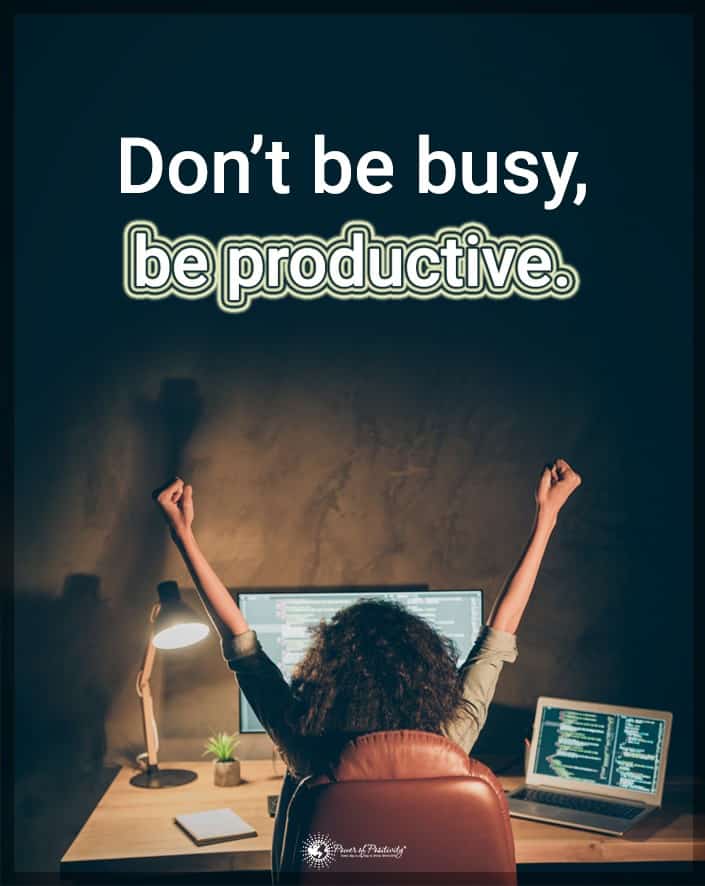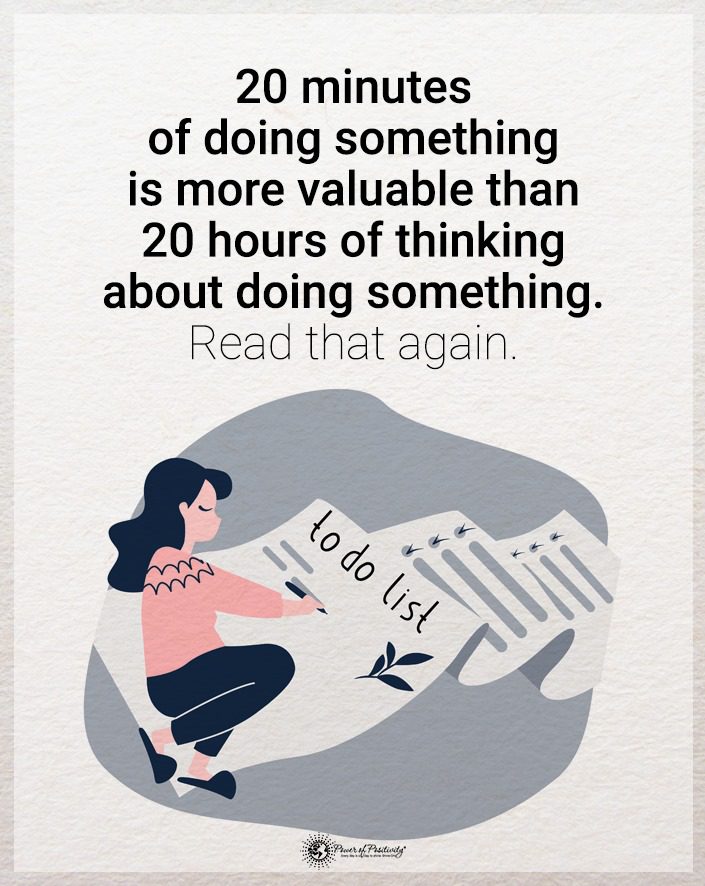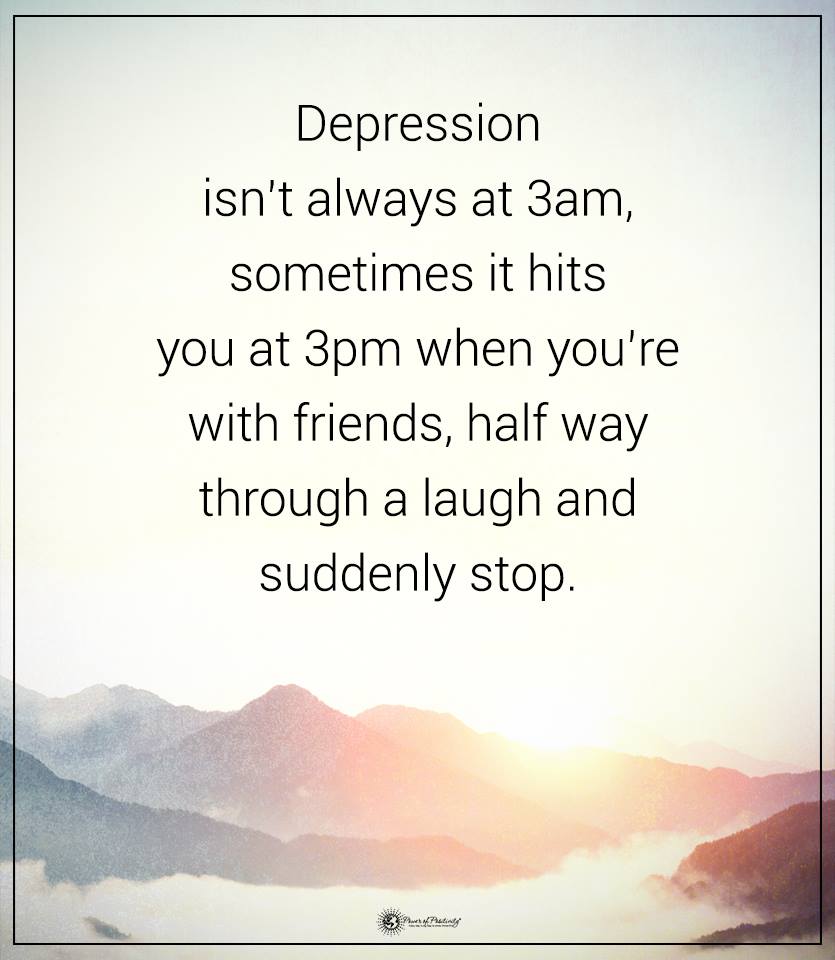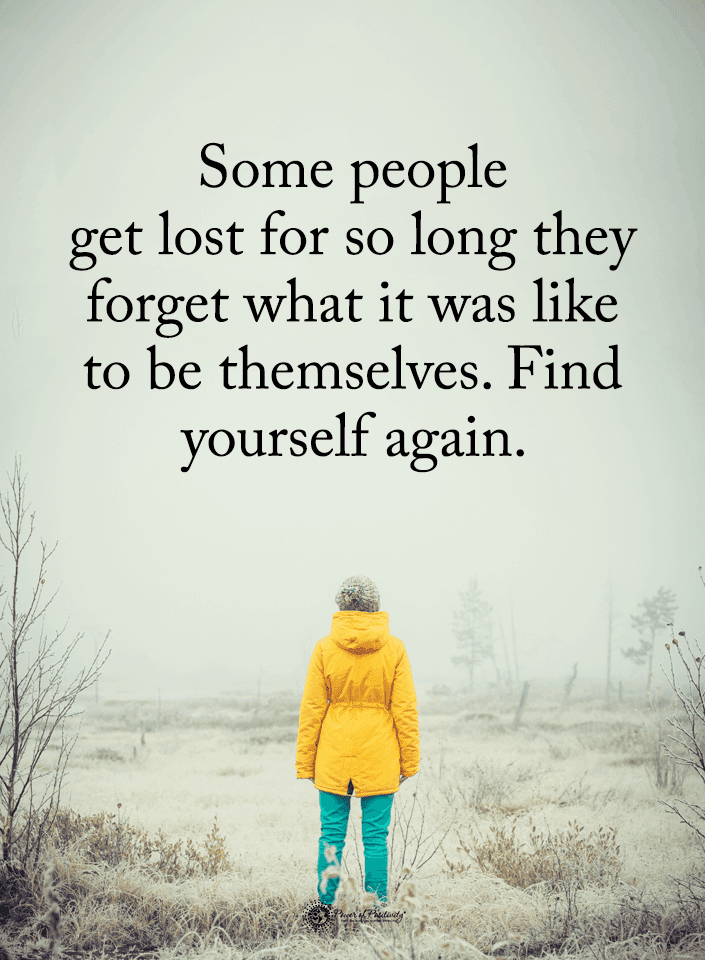[Los Angeles] – The team behind Power of Positivity is excited to announce that Kristen Butler’s 3 Minute Happiness Journal has been selected to be included in the coveted gift bags valued at more than $35,000 for this year’s GRAMMY® Bag. This unique and innovative journal, designed to promote daily positivity and mindfulness, is set to bring a touch of joy to the esteemed talent of the music industry’s most prestigious event.
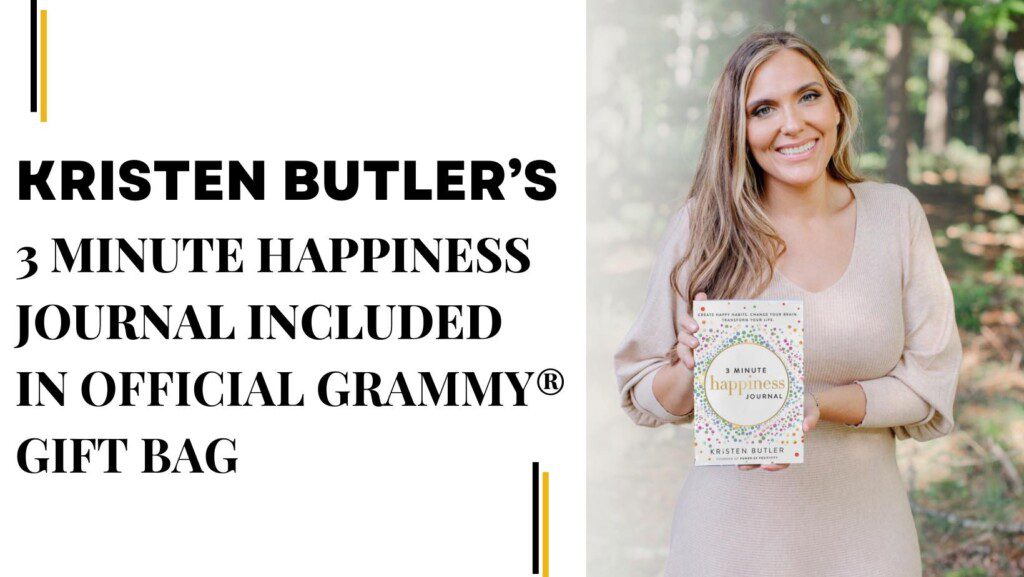
Crafted with simplicity in mind, the 3 Minute Happiness Journal is an easy-to-use tool that empowers individuals to enhance their mental well-being in just a few minutes each day. Featuring guided prompts and thought-provoking questions, the journal encourages users to reflect on positive aspects of their lives, fostering gratitude and mindfulness.
Here’s What Kristen Butler Had To Say:
“We are thrilled to have my 3 Minute Happiness Journal included in the GRAMMY Gift Bag. Music has the power to evoke emotions and create lasting memories, and we believe that this journal complements the transformative nature of the musical experience,” Power of Positivity’s founder and CEO, Kristen Butler, says.
“As musicians and industry professionals gather to celebrate their achievements and contributions to the world of music, I hope my 3 Minute Happiness Journal serves as a reminder to take a moment for self-care amidst the fast-paced and dynamic nature of the industry,” the author adds.
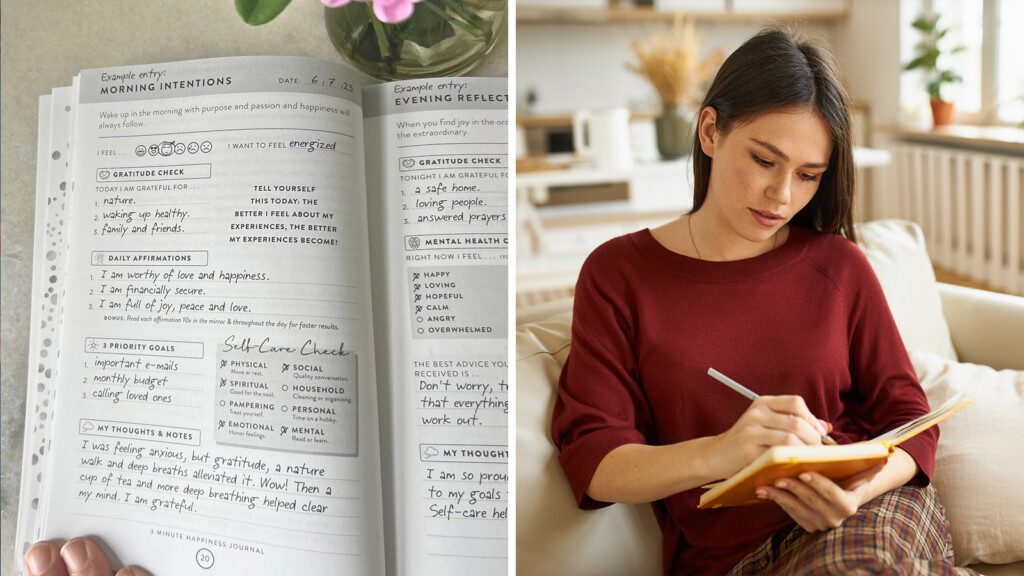
The inclusion of the 3 Minute Happiness Journal in the GRAMMY Gift Bag aligns with a growing trend in the entertainment industry, emphasizing the importance of mental health and well-being. By providing a simple yet effective tool for daily reflection, the journal aims to support individuals in maintaining a positive mindset, ultimately contributing to their overall happiness and success.
For more information about the 3 Minute Happiness Journal, please go here.
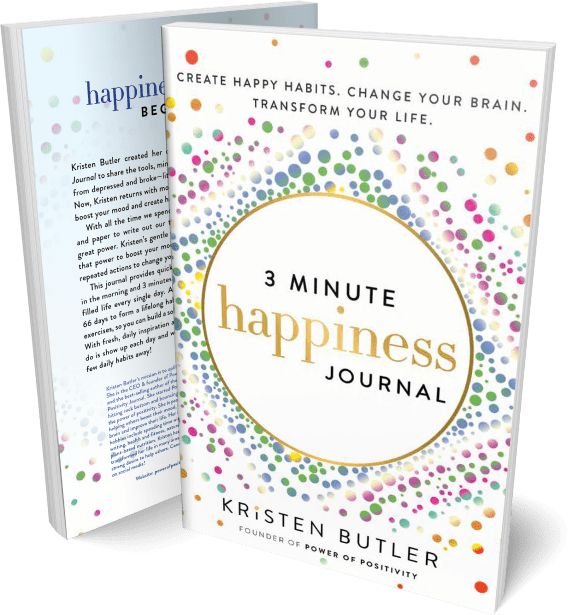
ABOUT POWER OF POSITIVITY
In 2009, the Power of Positivity® was born after its two owners/founders (Kristen & Chris Butler) began their mission to celebrate the lifestyle of positive thinking and attitude. Today, the platform reaches more than 56 million followers through social media, books, and courses.
ABOUT THE RECORDING ACADEMY
The Recording Academy® represents the voices of performers, songwriters, producers, engineers, and all music professionals. Dedicated to ensuring the recording arts remain a thriving part of our shared cultural heritage, the Academy honors music’s history while investing in its future through the GRAMMY Museum®, advocates on behalf of music creators, supports music people in times of need through MusiCares®, and celebrates artistic excellence through the GRAMMY Awards® — music’s only peer-recognized accolade and highest achievement. As the world’s leading society of music professionals, we work year-round to foster a more inspiring world for creators.
For more information about the GRAMMY Awards and the Recording Academy, please visit GRAMMY.com and RecordingAcademy.com. For breaking news and exclusive content, follow @RecordingAcad on X, “like” Recording Academy on Facebook, and join the Recording Academy’s social communities on Instagram, YouTube, TikTok, and LinkedIn. For media assets, please visit the Recording Academy’s Press Room.
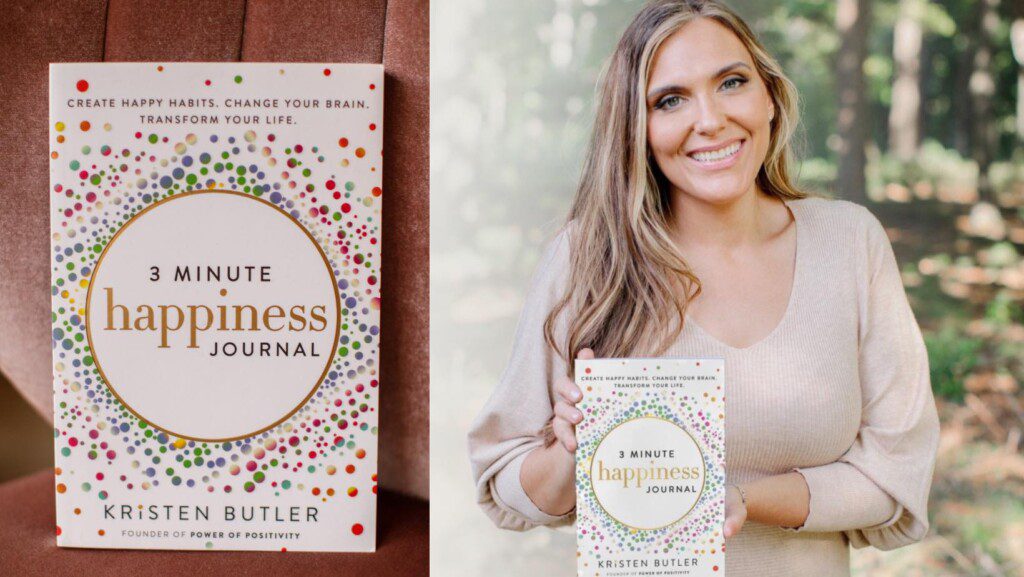
Photo Credit: Michael and Anna Costa Photography


